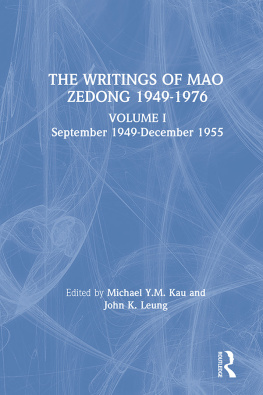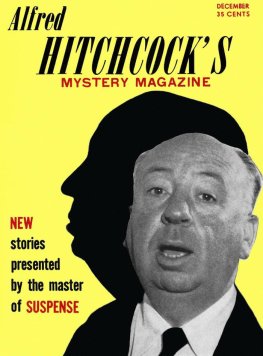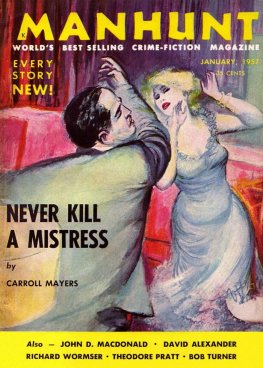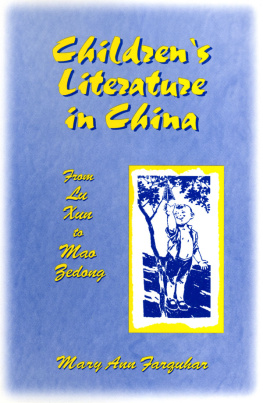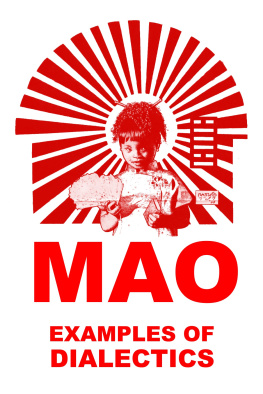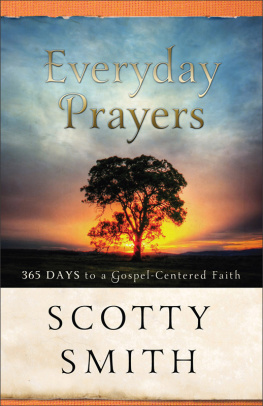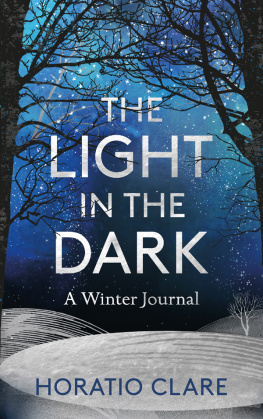VOLUME II
January 1956December 1957
THE WRITINGS OF MAO ZEDONG
19491976
Major funding for the Project on the Post-1949 Writings of Mao Zedong was provided by the Division of Research Programs of the National Endowment for the Humanities, an independent federal agency, and by Brown University.
Editors
Michael Y. M. Kau
John K. Leung
Collaborating Editors
Robert G. Lee
Richard Levy
Susan H. Marsh
Pierre M. Perrolle
Helmut Martin
Kimiyoshi Nakamura
Produced in association with
 East Gate Books
East Gate BooksFirst published 1992 by M.E. Sharpe
Published 2015 by Routledge
2 Park Square, Milton Park, Abingdon, Oxon OX14 4RN
711 Third Avenue, New York, NY 10017, USA
Routledge is an imprint of the Taylor & Francis Group, an informa business
Copyright 1992 Taylor & Francis. All rights reserved.
No part of this book may be reprinted or reproduced or utilised in any form or by any electronic, mechanical, or other means, now known or hereafter invented, including photocopying and recording, or in any information storage or retrieval system, without permission in writing from the publishers.
Notices
No responsibility is assumed by the publisher for any injury and/or damage to persons or property as a matter of products liability, negligence or otherwise, or from any use of operation of any methods, products, instructions or ideas contained in the material herein.
Practitioners and researchers must always rely on their own experience and knowledge in evaluating and using any information, methods, compounds, or experiments described herein. In using such information or methods they should be mindful of their own safety and the safety of others, including parties for whom they have a professional responsibility.
Product or corporate names may be trademarks or registered trademarks, and are used only for identification and explanation without intent to infringe.
Library of Congress Cataloging-in-Publication Data
(Revised for volume 2)
Mao, Tse-tung, 18931976.
The writings of Mao Zedong, 19491976.
Bibliography: p. 755771 (v. 1) and index.
Contents: v. 1. September 1945-December 1955
v. 2. January 1956December 1957.
I. Kau, Michael Y.M., 1934.
II. Leung, John K.
III. Title.
DS778.M3A2 1986
951.050924
86-17910
ISBN 0-87332-391-2 (v. 1)
ISBN 0-87332-392-0 (v. 2)
CIP
ISBN 13: 9780873323925 (hbk)
With a project this immense, certain circumstances are bound to change. It gives us tremendous pleasure to express our deepest gratitude to the individuals and institutions that have contributed to the preparation of this second volume.
We continue to be greatly indebted to the National Endowment for the Humanities (NEH) for its funding of the project as a whole, without which the publication of these volumes would not have been possible. To the program officers of NEH, some of whom are named in Volume I, we would like to once again express our thanks. We are equally indebted to the generosity of the Joukowsky Family Foundation, which came to our assistance in a most timely fashion in 19871988. More than simply financial support, the friendship and advice of Mr. and Mrs. Artemis Joukowsky have been a source of encouragement for the editors, and a debt that cannot in any way be adequately repaid.
It is not usual that any scholarly project be sustained by more than one academic institution. In this regard, the Maos Writings Project has been doubly blessed. For years the project has made its home at Brown University, with the patronage of the late President Howard Swearer and Provost Maurice Glicksman. Under the new presidency of Vartan Gregorian, Brown University has continued to sponsor the project, and we owe our thanks to President Gregorian, to the political science department of Brown University, and to the staff of Brown Universitys Computer Science Center for their continued support. At the same time, since the fall of 1989, the Project has also made its home at Northern Arizona University in Flagstaff. Without the largesse of President Eugene Hughes, Vice-President Patricia Reed, Associate Vice-President Henry Hooper, and the support of Dean Karl Webb and the history department (especially Professor Curtis Hinsley), this second volume could not have been brought to readiness. An Organized Research Grant from NAU is currently making it possible for us to begin the work on volumes III and IV.
We owe many intellectual debts to the scholars who have kept the study of contemporary China such a lively field of research. We can name here only those who have not only inspired and informed us, but have in fact collaborated with the project and provided us with materials, information, and advice. We would like to express our gratitude to Professor Jonathan Unger of the Australian National University and to Mr. Y.S. Chan, head librarian of the Asia and Pacific Library at the Australian National University, who gave us access to four essential volumes of Maos writings. We also thank Professor Roderick MacFarquhar and Dr. Eugene Wu, both of Harvard University, for their tremendous generosity and assistance. We also thank Professor Timothy Cheek of the Colorado College for his assistance and always kind words of advice.
In the preparation of Volume II, we have been able to rely on the consistently selfless technical assistance of Dr. Olga Juzyn, who was the projects mainstay in producing the manuscript of this volume from 1987 to 1990. We are also indebted to Ms. Shao Qin, Ms. Rashila Ramli, and Mr. Gene Kunze, students at Northern Arizona University, for their assistance.
The project must also express its gratitude to the steadfast confidence of Mr. Douglas Merwin of M.E. Sharpe, Inc., and to the editorial assistance of Ms. Anita OBrien, both of whom have spent many hours on enabling us to bring this second volume to fruition.
Our final word of gratitude goes to our readers and reviewers, many of whom have responded to Volume I with messages of tolerant and constructive criticism. We hope that we have somewhat succeeded in responding to these in a positive way in this second volume.
Finally, an announcement. As previously mentioned, since 1989, the Maos Writing Project has essentially been relocated at Northern Arizona University. For this reason, while keeping everything else generally intact, we have deleted the last paragraph from the Introduction to the publication as a whole in Volume I, reproduced here. In its stead, we would like to reiterate our sincere hope that our readers will continue to grace us with comments, suggestions, and corrections of our mistakes and oversights. Please direct any information to The Maos Writings Project, Department of History, Northern Arizona University, Flagstaff, Arizona 86011. In the months ahead, the project hopes to expand its involvement with scholars in the Southwest region of the United States. Any suggestions in regard to this would be most welcome.



 East Gate Books
East Gate Books
